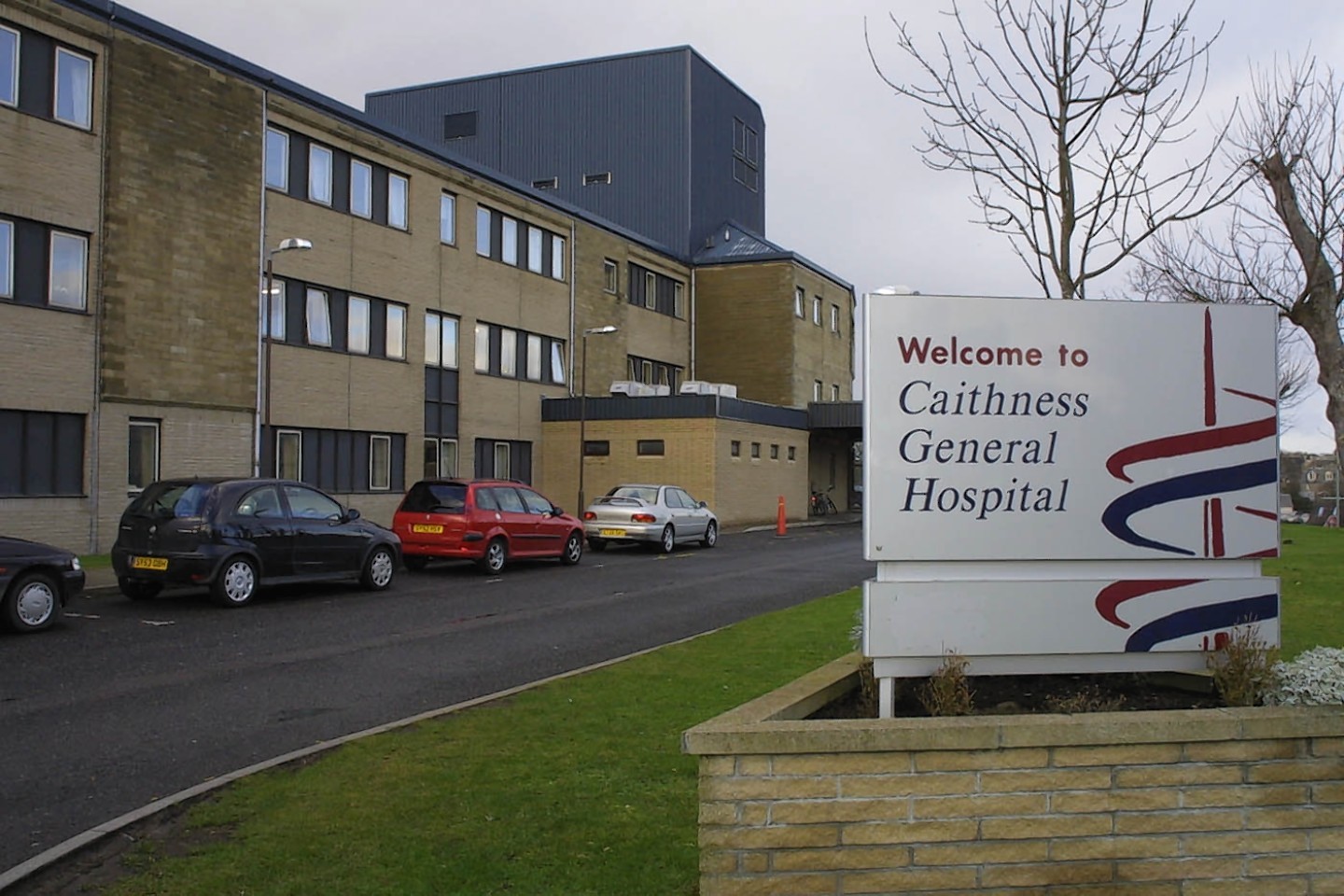NHS Highland has apologised to two patients after failings in their treatment, following two separate complaints made to the Scottish Public Services Ombudsman (SPSO).
In one case, it was claimed that doctors failed to inform a man of the risks of keyhole surgery when he had his gall bladder removed at Caithness General Hospital.
An advocacy worker complained about the man’s treatment, alleging that he was led to believe the surgery would be routine, but complications were encountered, requiring corrective surgery at Raigmore Hospital and an extended hospital stay.
In a newly published report, the ombudsman Jim Martin said that consent forms completed prior to Mr A’s admission did not document the potential risks of surgery.
Mr Martin said that NHS Highland should apologise to the man for the failings and review their handling of the case with a view to improving the process for obtaining consent.
In the other case, the health board unreasonably transferred a woman suffering from lithium toxicity from Lorn and Islands Hospital in Oban to the Argyll and Bute Hospital in Lochgilphead.
The woman, known only as Mrs A, died within two months of her admission and her daughter, Ms C, complained about her treatment.
Mrs A had taken lithium medication for many years for her bipolar disorder. Her medication was changed and then changed back to lithium around six months later.
The SPSO found that Mrs A’s treatment and care was reasonable. However it found it was unreasonable to have transferred her from Lorn and Islands.
An SPSO report said: “Our medical advice was that the potential severity of Mrs A’s lithium toxicity appeared not to have been recognised during this time and her condition was not investigated sufficiently.”
The ombudsman recommended that NHS Highland apologise to Ms C and remind staff of the possibility for lithium toxicity in older patients at levels within the standard range of prescribed dosage.
A spokesman for NHS Highland said: “We take any complaints extremely seriously and we fully accept the findings of the ombudsman in these two cases. We have complied with the recommendations made and have issued our sincere apologies.”
